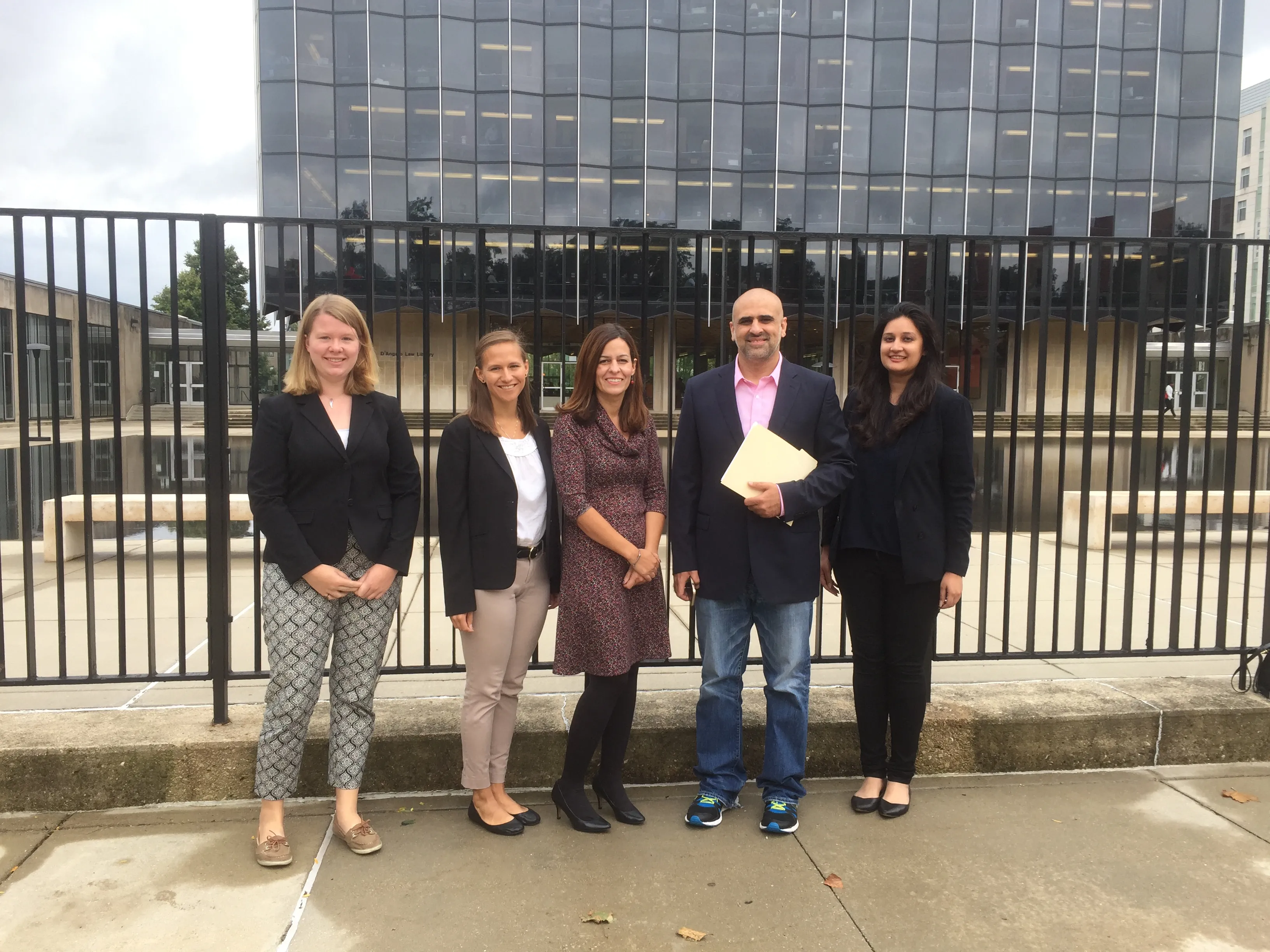International Human Rights Clinic to Provide Technical Assistance in Implementation of Law Protecting Women in Pakistani Region

A team of students from the Law School's International Human Rights Clinic will be assisting the Punjab Chief Minister’s Special Monitoring Unit (Law and Order wing) in the successful implementation and evaluation of an innovative new law titled the Punjab Protection of Women Against Violence Act (“the Act”) and its implementation mechanism, the Violence Against Women Centers.
Pakistan is one of the most dangerous countries for women in the world. According to a 2011 Human Rights Watch report, 70 to 90 percent of women have suffered some form of abuse. Special Monitoring Unit (Law and Order wing), which works as a think tank for the Punjab Chief Minister, spearheaded the drafting and passage of the Act in an effort to address the endemic problem of violence against women. The Act, which was passed in 2016 by the Punjab Assembly, will provide civil remedies and protective services to women who have experienced any kind of violence, including: domestic and sexual violence; psychological and emotional abuse; and economic abuse, stalking, and cybercrimes.
The Act will create Violence Against Women Centers aimed at providing comprehensive and secure support for women experiencing violence. These centers will provide justice delivery services, including: police reporting and investigation; medical treatment and examination; collection of forensic and other evidence, mental health services and evaluation, prosecution and legal advice to survivors. These will also offer mediation and shelter services to survivors and provide them with skills training and assistance in procuring employment. Specialized female personnel trained to work with victims of violence, including police, prosecutors and medical officers will staff these centers.
The aim of the Act is to not only provide protective services to the survivors but to increase conviction of violence against women crimes to create effective social deterrence. The Act is the first of its kind in both Pakistan and the region more broadly, and will hopefully serve as a model for similar developments in the region.
With the first center opening at the end of 2016 in the Multan district of Punjab, the IHR Clinic will assist the Punjab Chief Minister’s Office in executing and implementing the Act in a way that promotes women’s human rights. The IHR Clinic and the Special Monitoring Unit (Law and Order wing) at the Punjab Chief Minister’s Office share the goal of ensuring that the Act advances gender equality and human rights. With these objectives in mind, the clinic will provide technical assistance on various aspects of implementation such as development of standard operating procedures and rules for the centers as well as impact evaluation studies of reported cases. This work will be informed by research into international best practices that have been shown to address and effectively reduce violence against women in a manner that is consistent with human rights.
IHR Clinic Director Claudia Flores will lead the project team from the clinic composed of Vera Iwankiw, ‘17, and Alli Hugi, ‘18, both students at the University of Chicago Law School. The team will be working closely with Salman Sufi, Senior Member (Law and Order) Special Monitoring Unit at the Punjab Chief Minister’s Office and Hafsah Lak, a masters student at the Harris School of Public Policy, ’17, who worked with the Punjab government on the drafting of the Act.